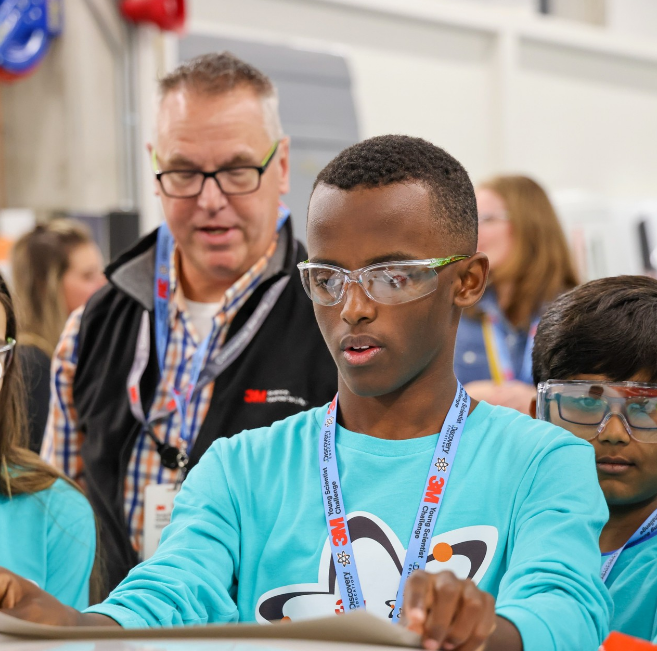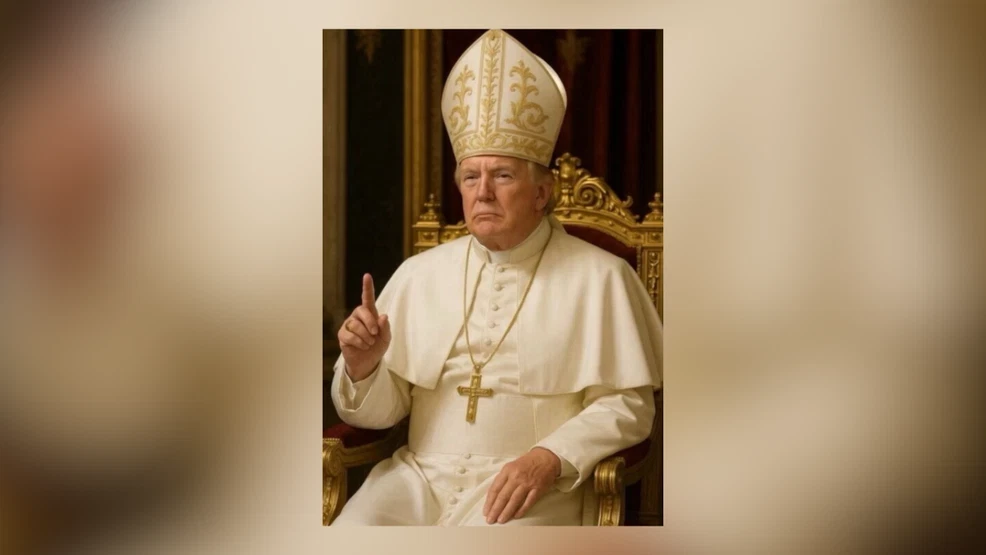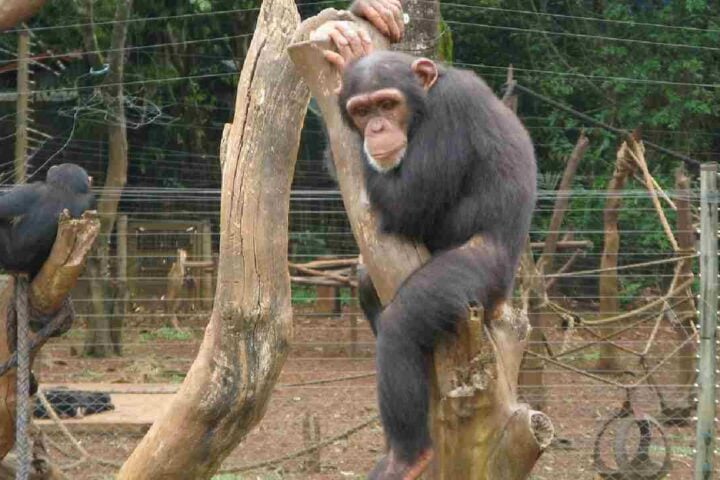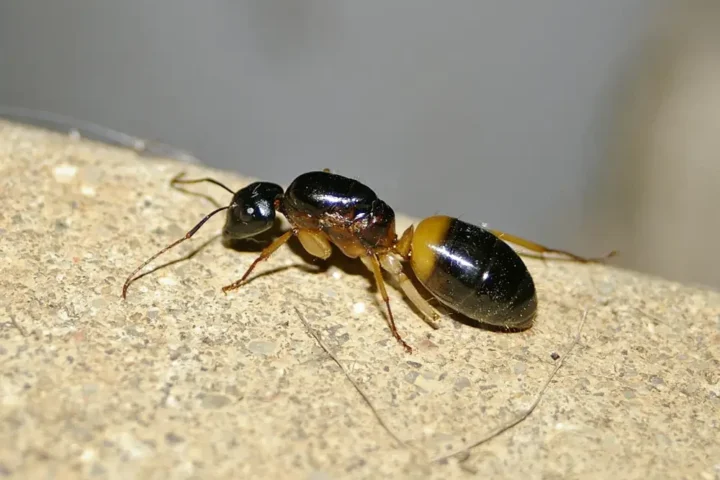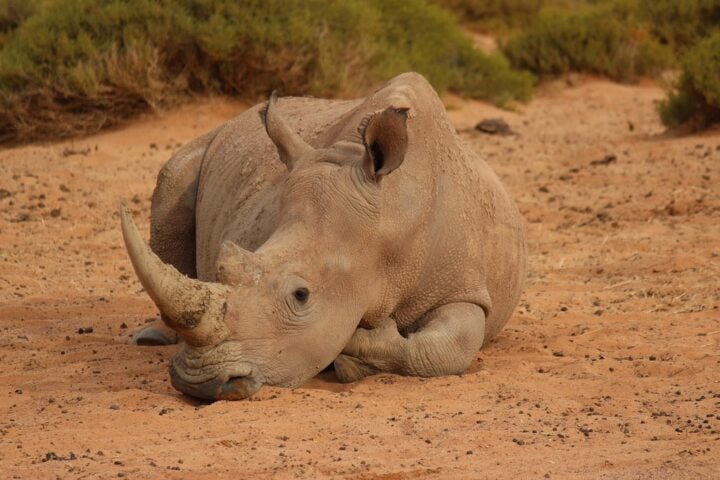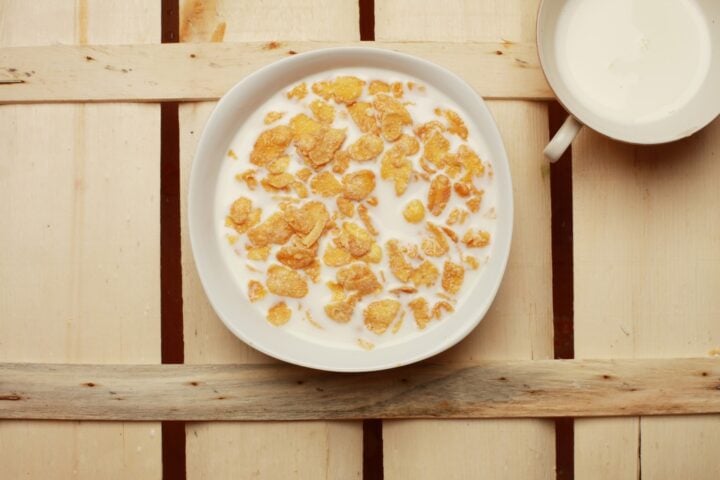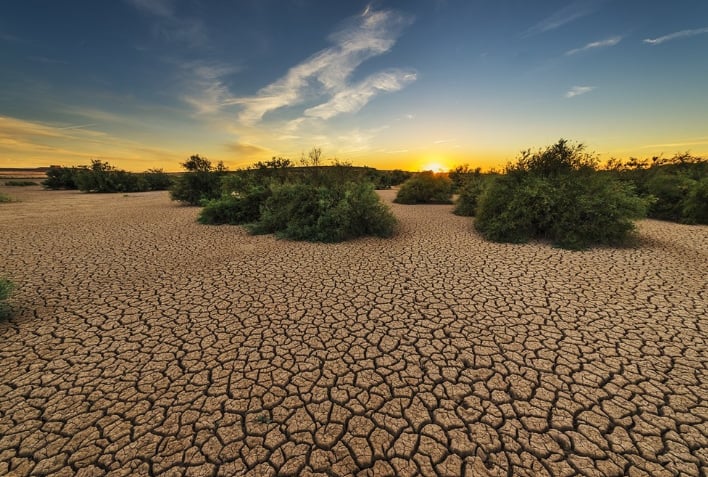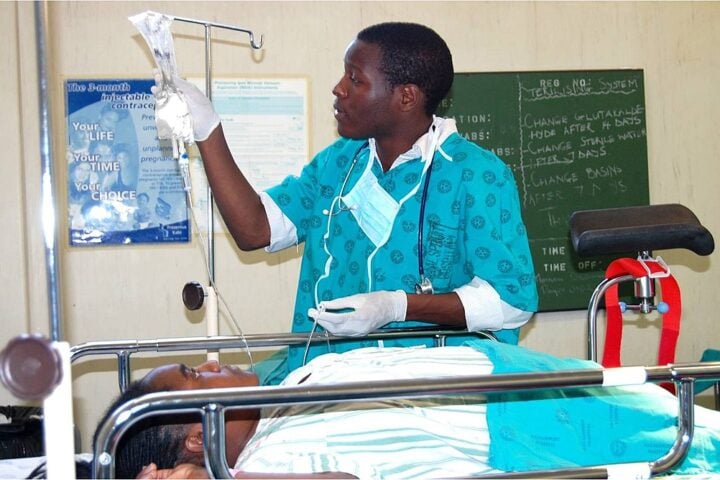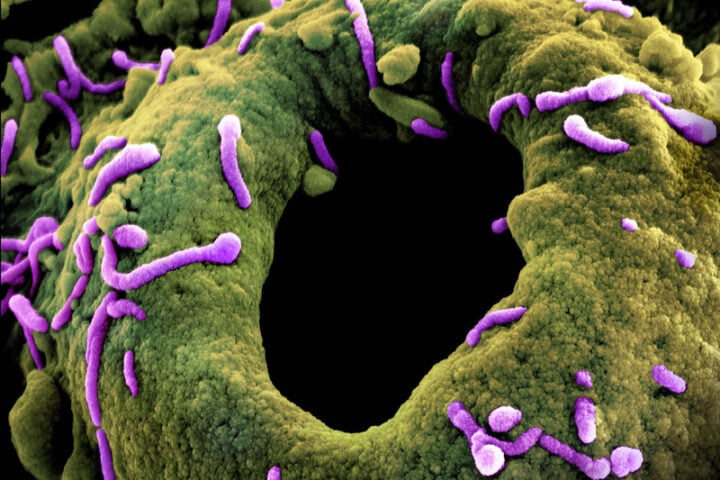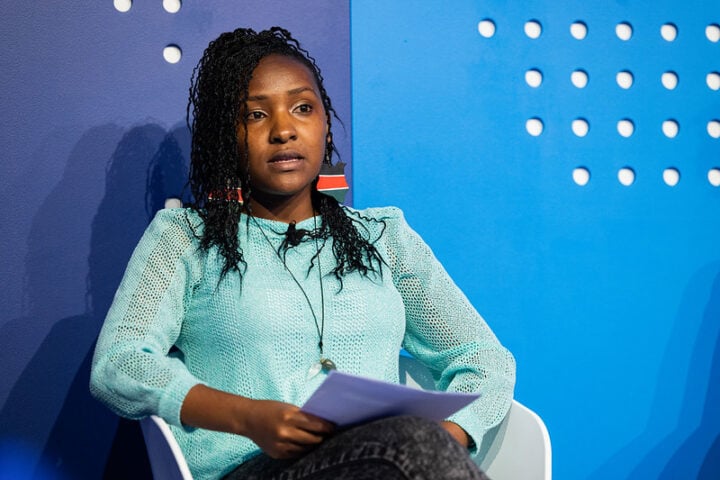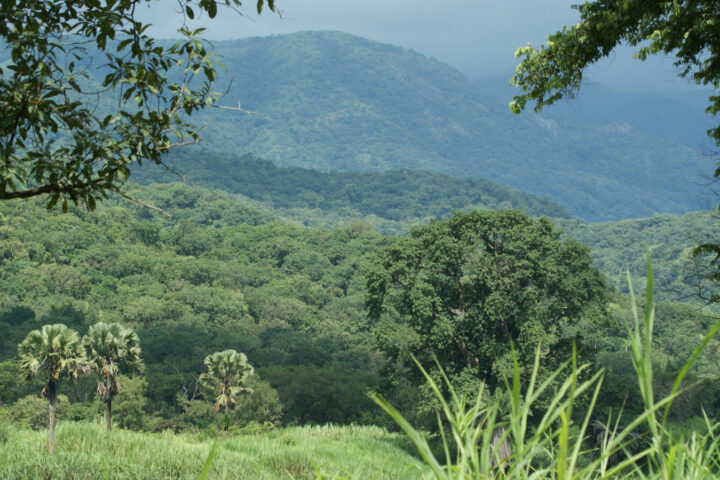When 15-year-old Heman Bekele mixes soap with cancer-fighting compounds, he’s not just conducting another science experiment – he’s potentially transforming skin cancer treatment worldwide.
The Virginia high schooler’s invention, Skin Cancer Treating Soap (SCTS), delivers medication through a surprisingly simple vehicle: everyday bar soap. This innovation recently earned him TIME’s 2024 Kid of the Year recognition.
“I’m really passionate about skin-cancer research,” Bekele explains. “It’s absolutely incredible to think that one day my bar of soap will be able to make a direct impact on somebody else’s life. That’s the reason I started this all in the first place.”
From Childhood Curiosity to Cutting-Edge Science
Born in Addis Ababa, Ethiopia, Bekele moved to the United States at age 4. His earliest scientific endeavors were decidedly less sophisticated – mixing household chemicals under his bed to see what might happen overnight. A chemistry set Christmas gift nearly led to disaster when he combined aluminum and sodium hydroxide.
“I thought that this could be a solution to energy, to making an unlimited supply,” he recalls. “But I almost started a fire.”
That early curiosity evolved into something more focused when he started thinking about workers he’d seen in Ethiopia laboring under harsh sun without skin protection. After learning about imiquimod – a drug approved to treat certain forms of skin cancer – Bekele had his eureka moment.
“What is one thing that is an internationally impactful idea, something that everyone can use, [regardless of] socioeconomic class?” he asked himself. “Almost everyone uses soap and water for cleaning. So soap would probably be the best option.”
How the Cancer-Fighting Soap Works
Bekele’s invention isn’t just imiquimod mixed into soap – that would simply wash down the drain. Instead, he’s developed a delivery system using lipid-based nanoparticles that remain on the skin after washing.
These specialized particles can penetrate the outer skin layer (stratum corneum) to deliver the medication to deeper epidermal layers where it’s needed. The nanoparticles protect the active compound from degradation while enabling controlled release, increasing local concentration without systemic exposure throughout the body.
The science behind this approach draws on recent advances in nanomedicine. Lipid-based nanoparticles can be engineered to bind effectively to TLR-7 receptors on immune cells called Langerhans cells, potentially triggering robust immune responses against cancer cells.
From Concept to Laboratory
After developing his initial concept, Bekele entered the 3M Young Scientist Challenge in 2023. His video explanation earned him an invitation to the company’s headquarters in St. Paul, Minnesota, where he presented to judges and won the $25,000 grand prize.
The win opened doors. At a Melanoma Research Alliance networking event in Washington, D.C., Bekele met Vito Rebecca, a molecular biologist and assistant professor at Johns Hopkins Bloomberg School of Public Health.
“I remember reading somewhere something about this young kid who had an idea for a skin-cancer soap,” Rebecca recounts. “It immediately piqued my interest, because I thought, how cool, him wanting to make it accessible to the whole world.”
That chance meeting led to a formal collaboration. Rebecca now sponsors Bekele as his principal investigator, providing lab access at Johns Hopkins where they conduct experiments on mice with skin cancer.
Their research includes examining how effectively the soap’s nanoparticles penetrate skin and activate immune responses. Early results appear promising, showing “nanoparticle penetration past the stratum corneum and potent local immune stimulation without systemic toxicity,” according to Rebecca.
The Road to Real-World Impact
Despite the excitement, bringing a new medical treatment to market involves numerous hurdles. The full process – including patent filing, FDA approval, and clinical trials – could take a decade or more.
Currently, Bekele and his team are preparing an Investigational New Drug (IND) application for the FDA. If approved, this would lead to Phase I safety trials in healthy volunteers, potentially beginning in late 2025. Subsequent Phase II efficacy studies would test the soap in patients with early-stage skin cancer.
Even with these challenges, the potential impact is enormous. Melanoma incidence in the U.S. alone is projected at nearly 105,000 new cases and 8,430 deaths in 2025. Globally, the burden is often highest in regions with limited access to advanced medical care.
One of the most appealing aspects of Bekele’s invention is its affordability. While traditional skin cancer treatments can cost upwards of $40,000, his soap could potentially be manufactured for under $10 per bar.
This accessibility aligns perfectly with Bekele’s vision. “The soap would probably be able to target skin cancer cells at the early stages,” he explains. “But also, hypothetically, it would be able to target pre-skin cancer.”
Support and Recognition
Beyond the 3M Young Scientist Challenge win and TIME Kid of the Year honor, Bekele has received additional support for his work. The Gloria Barron Prize awarded him a $10,000 non-dilutive grant to continue his research.
He’s also formed important mentorship relationships, including with Deborah Isabelle from 3M. “I got really lucky,” says Isabelle. “Last year was my first year participating as a mentor in the Young Scientist Challenge, and I was paired with Heman. He’s an incredible, passionate, very inspiring young man.”
Bekele aims to launch a foundation by 2028 that would distribute his soap in underserved communities worldwide.
A Typical Teen with Extraordinary Vision
Despite his scientific pursuits, Bekele maintains normal teenage activities. He plays in his high school marching band (flute and trombone), enjoys basketball, and loves reading – especially fantasy, though he recently revisited “The Great Gatsby.”
He credits his parents – mother Muluemebet, a teacher, and father Wondwossen, a human resources specialist – for setting the foundation for his success through their own sacrifices in coming to America.
Looking ahead, Bekele remains humble yet optimistic about his invention’s potential. “Anybody could do what I did,” he says. “I just came up with an idea. I worked towards that idea, and I was able to bring it to life.”
He also pushes back against the notion that all significant discoveries have already been made: “A lot of people have this mindset that everything’s been done, there’s nothing left for me to do. To anybody having that thought, [I’d say] we’ll never run out of ideas in this world. Just keep inventing. Keep thinking of new ways to improve our world and keep making it a better place.”
